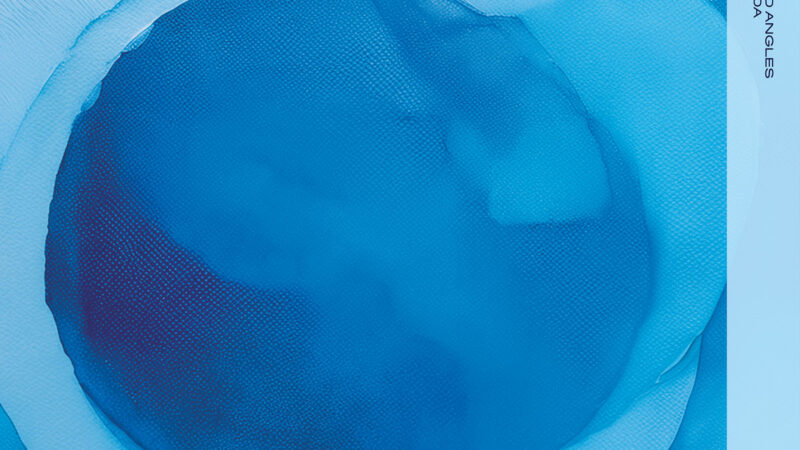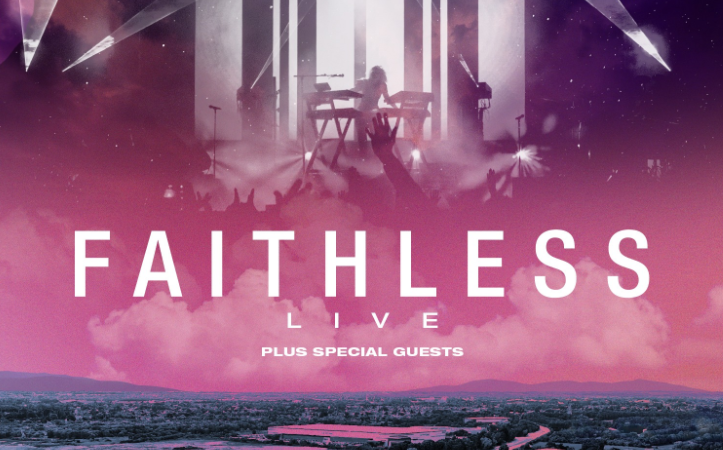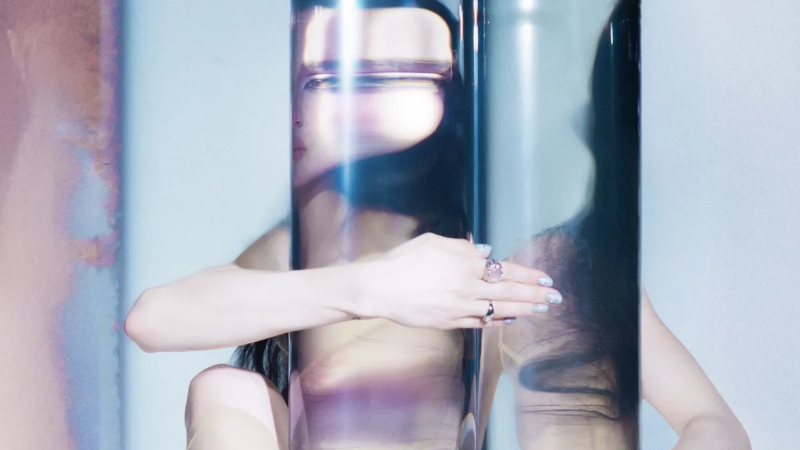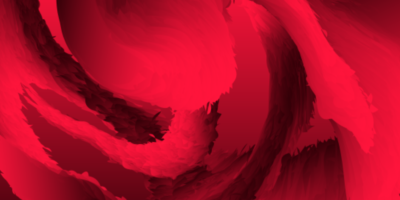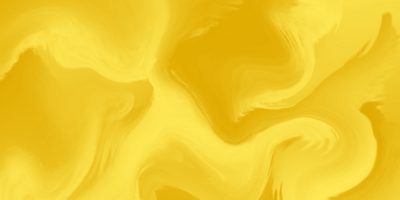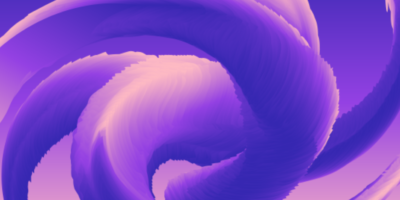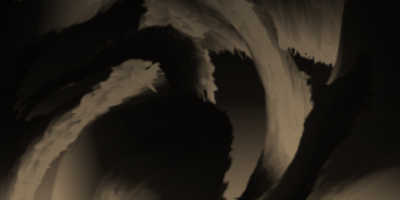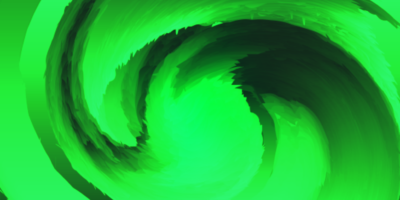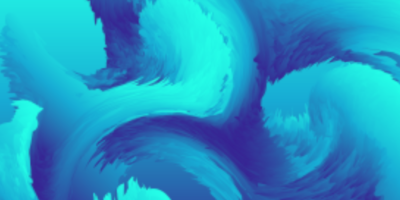Brian Eno & Beatie Wolfe: Lateral
Brian Eno and Beatie Wolfe’s dual release, Luminal and Lateral, is a study in polarity—singer-songwriter intimacy versus ambient expanse, softness versus structure, lyric versus tone. Yet together, these companion albums feel less like opposites and more like twin moons orbiting the same emotional planet. Each project invites the listener into a different kind of attention: one centered on language and warmth, the other on repetition and space.
On Luminal, Wolfe returns to more traditional forms—guitar, melody, and the inward gaze—but refracted through Eno’s subtle production. The songs shimmer like candlelight on water. Tracks such as Shhh and Milky Sleep take their time, stretching into stillness, letting notes ring out as if in search of gravity. There’s a dreamlike fragility to Hopelessly at Ease, where Wolfe sings with an airy detachment, sounding both present and not. The record’s standout, Suddenly, carries an understated momentum, its brightness flickering like a sunrise slowly cresting the horizon.
Yet even at its most melancholic, Luminal resists despair. Wolfe sings from within a cocoon of gauzy textures, often smoothing over sharper emotions with soft-focus production. On A Ceiling and a Lifeboat and Breath March, there’s a gentle tension between lyrical sadness and sonic sweetness, as if loneliness has been carefully tucked under a warm blanket. The emotional temperature is never too cold to touch, nor too hot to handle—just cool enough to hold in the palm of your hand.
If Luminal is about the interior—emotion in close-up—then Lateral is about the long view. The 64-minute Big Empty Country is both meditative and mathematical, dividing itself into eight identical eight-minute parts or two symmetrical vinyl sides. There’s a deliberate, almost ascetic discipline to the way Eno builds the piece: a two-note motif pulses steadily through, slowly layered with quiet disturbances—digitally processed strings, harmonic flutters, and ghostlike textures that barely rise above a whisper. It’s a piece designed not to impress but to unfold, revealing itself not in arcs, but in the accumulation of tiny shifts.
What’s most remarkable about Big Empty Country is how little actually happens—and how much that non-happening reveals. With each repetition, the ear adjusts, and the motif begins to feel less like a pattern and more like a presence. The piece doesn’t demand focus, but rewards it. It’s not unlike gazing across a vast plain—you think there’s nothing there, until the wind shifts and you suddenly see everything.
There’s a quiet boldness to these albums, in their refusal to overstimulate. At times, both records border on the overly restrained—particularly Luminal, which can dip into the overly pristine. But taken together, Luminal and Lateral offer a full emotional landscape, with one album charting the voice inside the heart, and the other tracing the horizon just beyond it.
In the end, Wolfe and Eno don’t try to define the ineffable emotions they evoke—they simply make space for them to emerge. And in that space, something deeply human happens: we feel.
